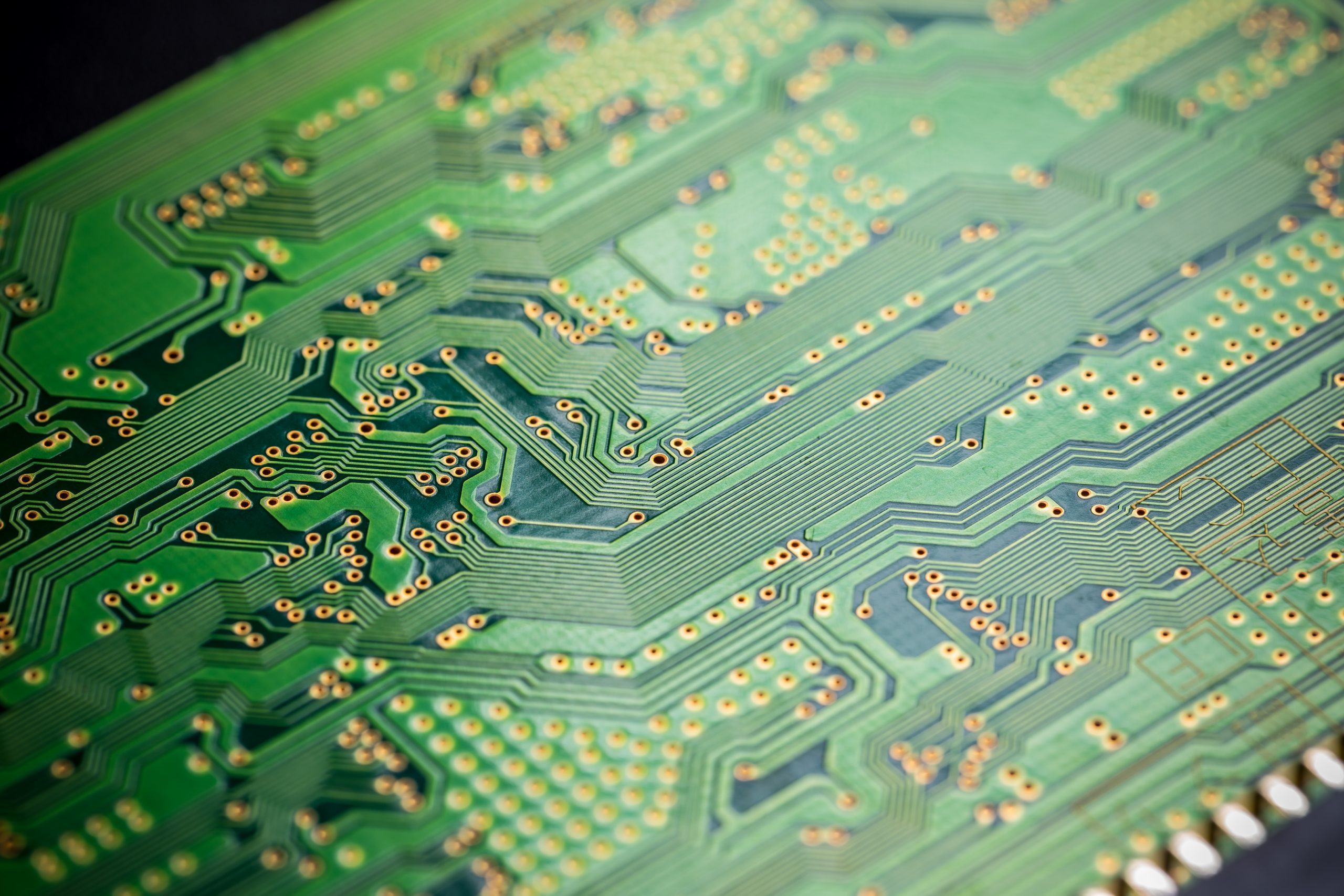The U.S. has numerous regulations in place to ensure the security and reliability of defense technologies, including the manufacture of defense-related electronics and components like PCB (Printed Circuit Board). For defense agencies and corporations seeking to procure these essential components or manufacture PCBs, strict adherence to these regulations is non-negotiable. Understanding these complex regulatory requirements is crucial for maintaining the integrity and safety of defense-related electronic systems.
Key Regulations in Defense-Related Electronics Manufacturing
Compliance in PCB manufacturing is guided by comprehensive regulatory frameworks aimed at protecting national security and controlling the dissemination of sensitive technologies. The two primary regulations are the International Traffic in Arms Regulations (ITAR) and the Export Administration Regulations (EAR).
● ITAR (International Traffic in Arms Regulations)
ITAR is crucial in regulating defense-related manufacturing. It governs the export and import of defense articles and services, ensuring that military technologies, including certain PCBs, are protected from unauthorized access. Compliance with ITAR requires strict control over technical data and physical products, including rigorous documentation and security measures to prevent these critical components from falling into the wrong hands. Stakeholders must work with ITAR-registered PCB assembly manufacturers to ensure adherence to ITAR’s robust stipulations. ITAR violations can result in severe penalties, including substantial fines and the loss of export privileges, making strict adherence essential.
● EAR (Export Administration Regulations)
EAR complements ITAR by overseeing the export of dual-use items—goods and technologies with both civilian and military applications. EAR compliance involves careful product classification and adherence to specific export controls to prevent misuse of sensitive technologies. While ITAR is more focused on military-specific items, EAR has a broader scope, covering a wider array of products and technologies. Understanding and complying with EAR is crucial for manufacturers who operate in both civilian and defense markets.
Ensuring Compliance of Defense Manufacturing Partners
Selecting and managing partnerships is critical in defense PCB manufacturing. Collaborating with defense-related PCB board design partners who fully understand and adhere to ITAR and EAR regulations is essential. This includes conducting thorough due diligence and regular compliance audits to ensure all parties meet compliance standards. Contracts with partners should explicitly state compliance obligations to ensure clarity and legal enforceability, safeguarding the manufacturer against potential liabilities arising from non-compliance. Ensuring that partners are certified and maintain stringent compliance measures can prevent costly legal issues and protect national security.
Defense Manufacturing Compliance Checklist
Developing and maintaining a comprehensive compliance checklist is vital for defense PCB manufacturers. When working with a manufacturer for PCB board design of defense technologies, check to see if these are in place:
- Licensing and Registration: Ensure all necessary ITAR and EAR registrations are current, and licenses are obtained to export or transfer controlled products.
- Document Control: Implement rigorous controls to secure sensitive designs and technical documentation, preventing unauthorized access and ensuring data integrity.
- Employee Training: Regularly train all employees on compliance protocols, particularly those who handle sensitive materials or data, to maintain awareness and adherence to regulations.
- Product Classification: To ensure appropriate handling and documentation, classify products accurately under the relevant regulatory frameworks.
- Audit and Reporting: Conduct regular internal audits to ensure compliance and prepare for external audits. Reporting compliance issues promptly to the relevant authorities is crucial to maintaining trust and transparency.
- Supply Chain Verification: Regularly verify the compliance status of all suppliers and subcontractors to ensure they meet all regulatory requirements.
- Data Security: Employ advanced cybersecurity measures to protect sensitive data from breaches and unauthorized access.
- Incident Response Plan: Develop and maintain a robust incident response plan to swiftly address and mitigate compliance breaches.
Other Crucial Precautions When Manufacturing Defense Electronics
Beyond working with an EAR-licensed and ITAR-registered PCB assembly partner, stakeholders must implement stringent cybersecurity measures to protect against data breaches and ensure the privacy of sensitive information. This involves deploying advanced security technologies and maintaining robust access controls. Furthermore, meticulous documentation of all processes and compliance measures is essential for regulatory purposes and maintaining operational transparency, and facilitating audits. Privacy measures are crucial to protect proprietary information and maintain the integrity of defense contracts.
By implementing comprehensive compliance strategies and maintaining strict controls on product handling, documentation, and data security, government bodies and corporations can ensure that their defense technologies remain secure and compliant, thereby upholding national security and operational integrity.



